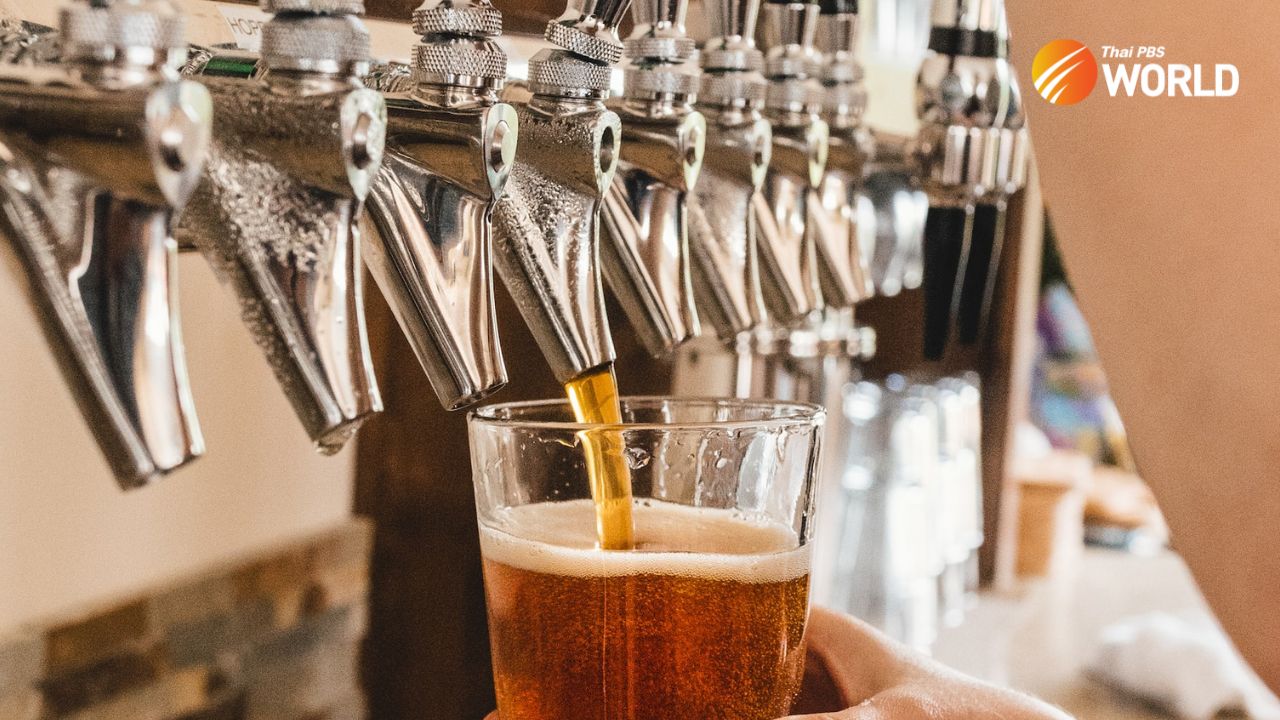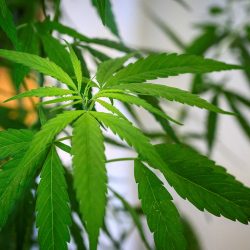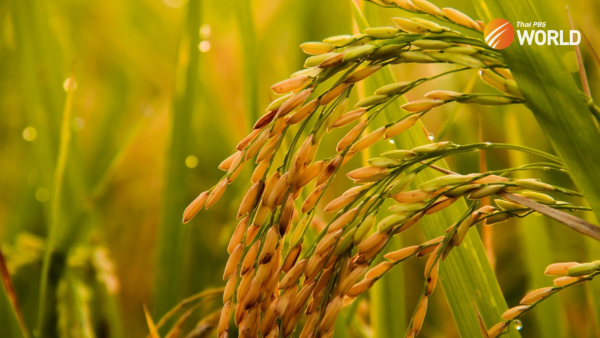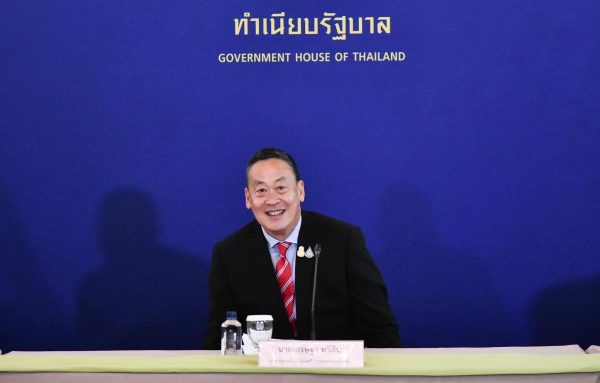Thailand’s new liquor regulation: Small brewers’ delight or business as usual?

Although the government has issued a new regulation promising to liberalize Thailand’s alcohol sector, critics see little hope of small brewers breaking the market domination of a few giant producers.
“Nothing has really changed in practice,” Move Forward MP Taopiphop Limjittrakorn said. “Aspiring small-time brewers still face complicated processes and imminent dead ends.”
The new regulation
Enacted on November 2, the new ministerial regulation on liquor and beer production removes curbs on small manufacturers. Previously, small brewers were allowed to hire up to seven people and have a maximum production capacity of 5 horsepower.
However, under the new regulation, small breweries can use the machinery of 50 horsepower and employ up to 50 workers.
The regulation also removes the restrictions on brewpubs’ minimum registered capital and production capacity. Previously, brewpubs had to produce between 100,000 and 1 million liters per year.
Now, only large breweries are required to comply with requirements for annual production and registered capital, set at 10 million liters and 10 million baht.
Under the new regulation, any legal entity, or individual aged at least 20, can seek a license to brew up to 200 liters of booze per year. This clause is designed to make it easy for people to brew their own beer or distill spirits. The license covers non-commercial operations only. Selling homemade brews remains illegal.
Will the market liberalize?
Although the country’s alcohol industry is not quite a monopoly, two giant conglomerates have dominated the market for decades.
In Taopiphop’s view, market rules need to be relaxed to make it easier for people to brew alcohol either for personal use or for sale via small enterprises and brewpubs. Villagers, for instance, should be able to use local wisdom to create signature brews that could help spur tourism and benefit people working in the supply chain. The profits could also be extended to the agricultural sector via ingredients such as rice or wheat, he said.
Government’s new liquor production edict only benefiting brew pubs
The young Move Forward MP, whose campaign promise at the 2019 general election was to change the laws that favor giant brewers, has spent the past three years trying to fulfill that pledge.
However, the Cabinet regulation approved on November 1 and enacted the following day was not the fruit of Taopiphop’s labor and instead pre-empted his own draft bill.
The Move Forward MP’s so-called progressive liquor bill was duly voted down in Parliament on November 2.
While the ministerial regulation shares certain features of his bill, it differs in key aspects. For example, the regulation requires community distilleries using up to 50-horsepower machines to submit an environmental impact assessment (EIA) when applying for a license. Taopiphop’s bill did not.
“An entrepreneur who recently sought a license for their brewpub was told by excise officials that he needed an EIA report,” the MP said. “But when he contacted the EIA authorities, he was told his business was too small for an EIA. So, what does he do next?”
Election tactic?
Move Forward Party leader Pita Limjaroenrat says the timing of the regulation and the way it was written shows the government camp was trying to outmaneuver the public and his party.
“It is notable that while the new regulation does remove some restrictions, it also adds new ones. Implementation will meet with many obstacles,” he warned.
Pita suspects the government has introduced the new regulation as a face-saving tactic and a favor to big investors ahead of the upcoming general election, which is tentatively scheduled for May 2023.
Deputy Prime Minister Wissanu Krea-ngam claims the government has acted in the best interests of everyone involved.
“We have eased the regulations because people complained the old ones were very strict,” he said. “The bill promoted by the opposition is seen as too lenient. We believe this new regulation offers a middle path.”
Excise Department spokesman Nattakorn Uthensut said the new regulation aims to ensure product quality and protect the environment.
By Thai PBS World






